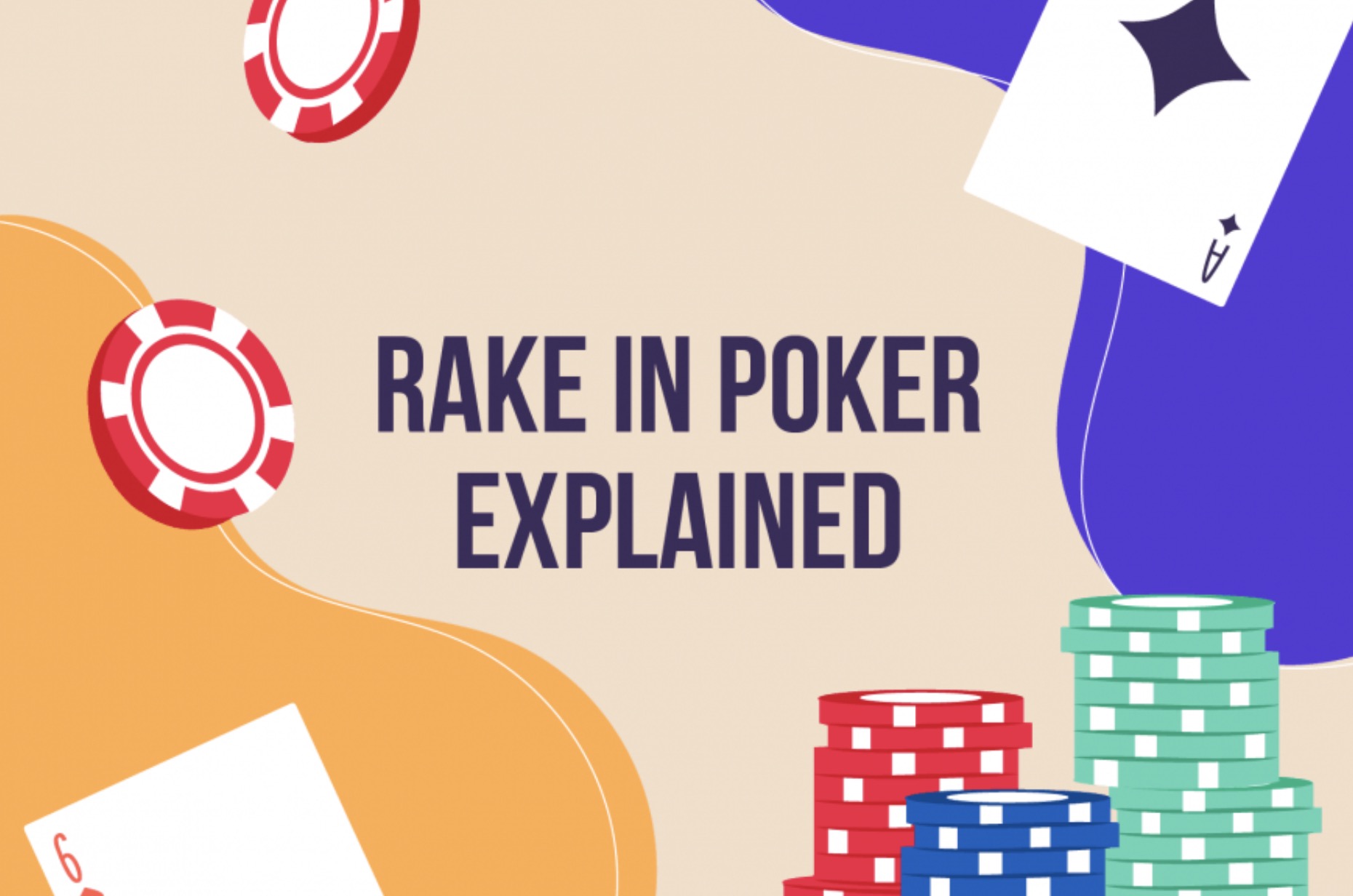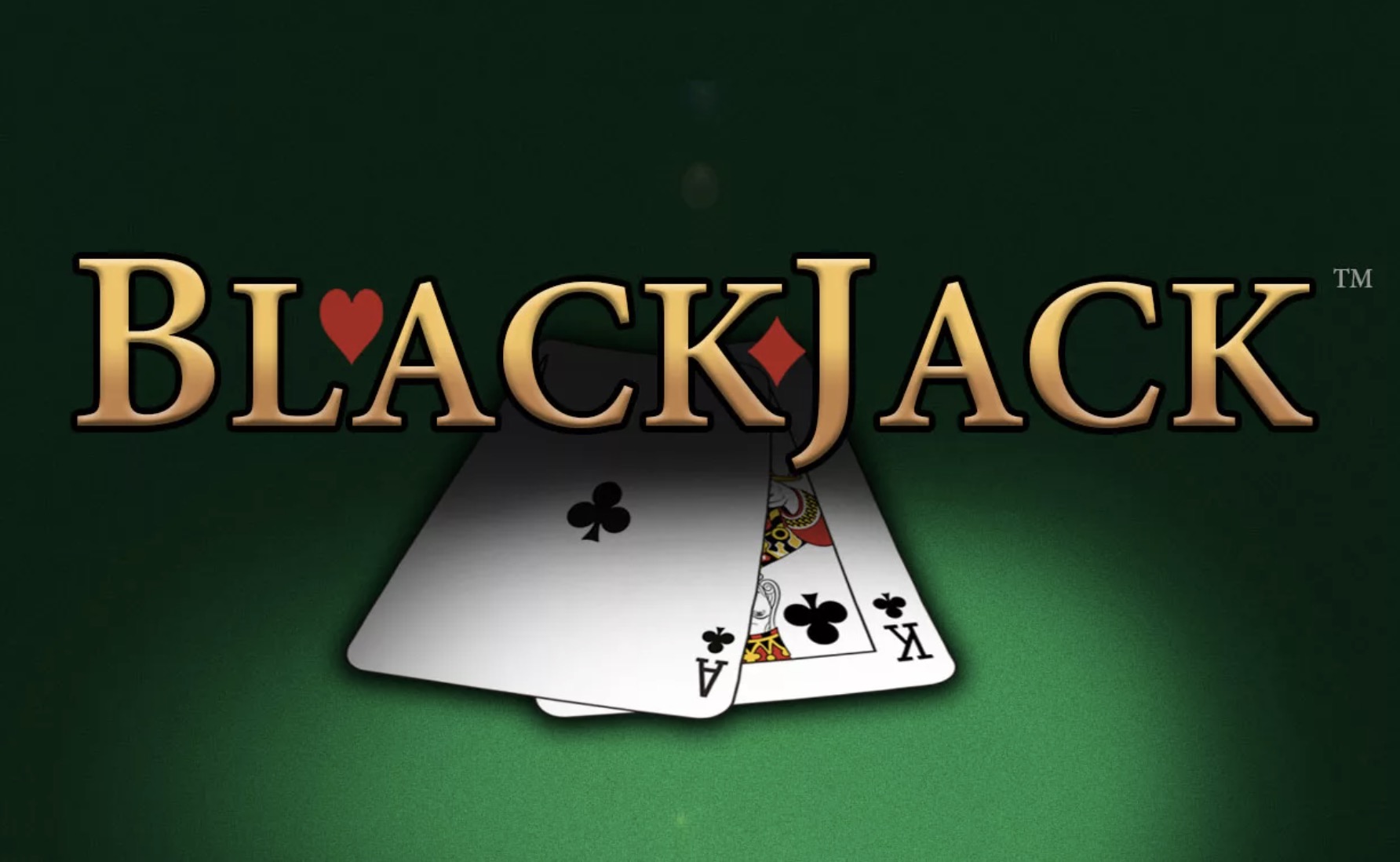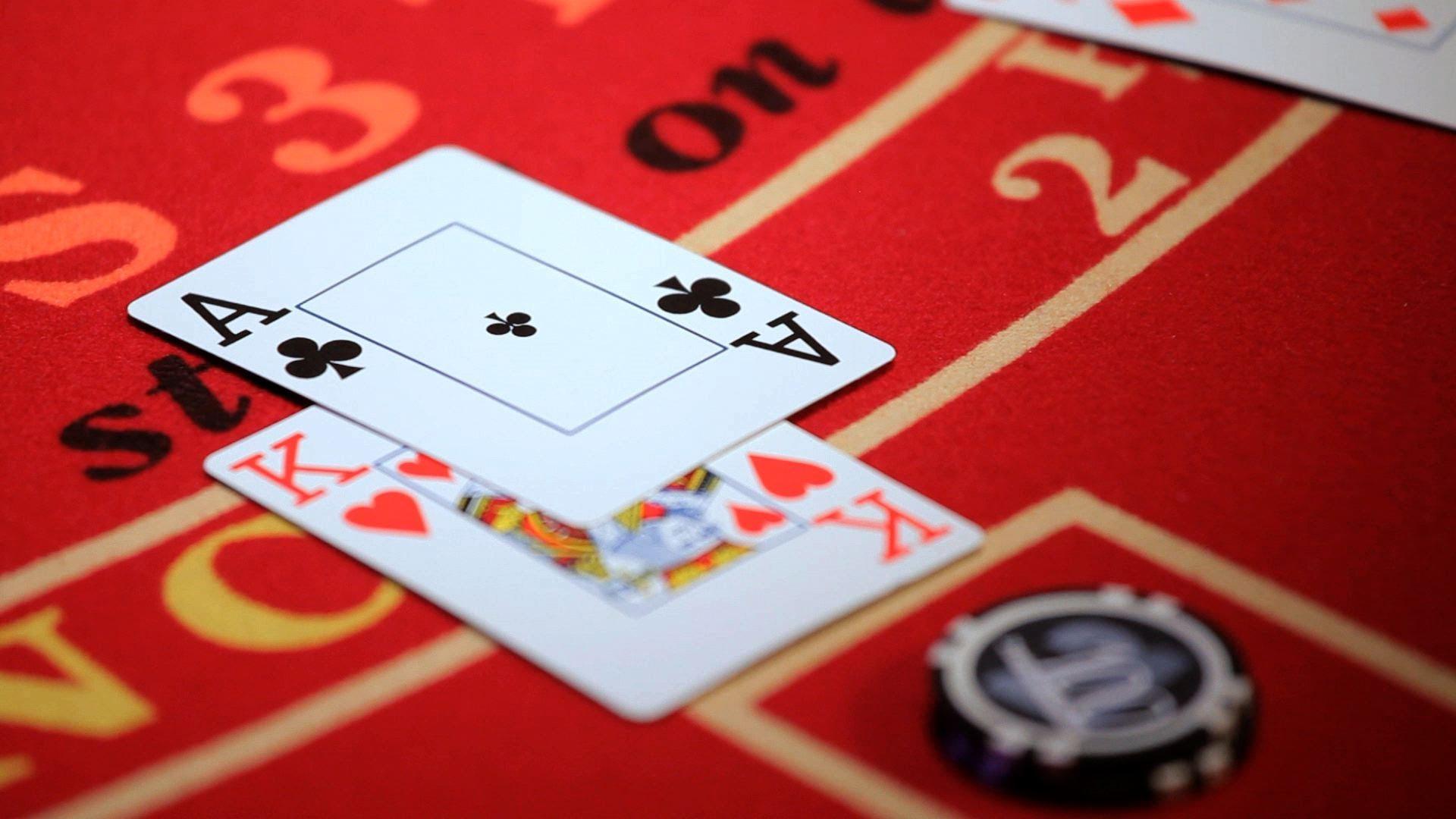What Is Rake in Poker?
If you play poker frequently at a poker room or cardroom, you may have questioned, 'What is rake in poker?' Rake is the fee that the poker site or biggest online poker room deducts from each pot in a poker cash game in order to generate income before the flop is dealt. Arabian casinos often incorporate rake structures as well, contributing to the overall revenue model of poker games in various settings.
When you play poker, especially live poker games or online poker, the house takes a little share of the pot before it is awarded to the winning poker player. Online casinos often employ this practice, where a typical rake, which is a commission charged by the casino or online poker site for hosting the game, is seen here. A typical rake, which is a commission charged by the casino or online poker site for hosting the game, is seen here.
It's critical for a poker player to understand that the rake is not the same as the buy-in or entry fee that you could pay to play in a poker game or tournament. The rake is normally a small percentage, typically 2.5-5%, of the pot, depending on the stakes, set by the poker site.
The amount of rake taken, also referred to as pot rake, varies from poker room to poker room, so it's always a good idea to become acquainted with the precise rake structure of the online poker site or cardroom you're playing in. Poker sites may cap the rake at a maximum amount regardless of pot size.
Some sites take a rake from the pot regardless of whether a flop is dealt, while others take no rake until the flop. Players can seek out poker sites with the lowest rake, or sites that offer rake back to players. The rake is collected by the dealer before awarding the pot to the winner of the hand. Understanding how much rake is taken by online poker sites and casinos is important for serious poker players looking to maximize winnings.
How Casinos Make Money on Poker
To understand how cardrooms and poker sites generate money from poker, you must first comprehend the idea of rake and its impact on the game's profitability. The rake is the fee, typically 2.5-5% of the pot, that the casino or online poker site charges for hosting the poker game or tournament. It's normally a small percentage of each pot, with a maximum rake amount capped to assure fairness.
Here's how casinos and poker sites profit from poker:
- Rake: The primary way cardrooms and online poker sites profit from poker is through collecting the rake. The poker room takes a set amount or percentage of each pot, which adds up over time as rake is calculated and collected by the dealer. This fee ensures that the casino or poker site makes money regardless of who wins or loses the hand.
- Tournament Fees: In addition to the rake, casinos and poker sites also collect entry fees and additional rake for poker tournaments, especially popular events like the World Series of Poker. These fees are typically higher than the regular rake and go towards the prize pool. The casino or site keeps a portion of the fees as profit.
- Food and Beverage Sales: Another way casinos and some cardrooms make extra money on poker is through food and beverage sales. Many players enjoy having a meal or drinks while playing, especially in live poker games, and the casino capitalizes on this by offering a variety of options. The profit from these sales contributes to the overall profitability of the poker room.
By collecting rake, tournament fees, and making ancillary sales, poker sites and casinos can cover operating costs and make a profit from hosting both live and online poker games. Understanding how much rake you pay at different poker sites is key. Some sites offer rake back or timed rake to appeal to players seeking the best poker rake structure.
Tournament Fees
To continue the debate from the last subtopic, let's look at how tournament costs affect poker profitability. When you enter a poker tournament, you are not only vying for a prize pool, but you are also paying a tournament fee. These costs may differ depending on the casino or online platform you use. Platforms like Betfinal may have varying tournament fees, contributing to the overall dynamics of poker profitability in different gaming environments.
Tournament fees are required for casinos and online poker companies to cover their expenses and turn a profit. While these fees may appear to be an extra cost, they play an important role in organizing and maintaining the competitions you enjoy. They contribute to the cost of dealers, tournament staff, equipment, and other operational expenses.
It's critical to understand how tournament fees affect your total poker profitability. These fees, depending on the size of the event and the fee structure, might have a substantial impact on your bottom line. Higher costs might eat into your potential wins, making it more difficult to win. As a result, before entering a tournament, it is critical to thoroughly analyze the cost structure.
However, keep in mind that tournament fees go to the prize pool, which can be enormous in larger tournaments. So, while fees limit your immediate profitability, they also present the prospect for greater rewards and the opportunity to win life-changing sums of money.
Big Blind Defending Ranges
When defending your big blind in poker cash games or tournaments, especially in a cardroom or online at poker sites that collect rake, keep your range of hands and position in mind. This is critical for making informed judgments and protecting your chips from the rake. BetoBet may have different gaming dynamics, so it's important to adapt your strategies accordingly when defending your big blind. When defending your big blind, keep the following considerations in mind:
- Hand strength: Your range of hands should consist of a mix of strong and marginal hands. It’s essential to have a balanced range to prevent your opponents from easily exploiting you. By including both strong and weaker hands, you can keep your opponents guessing and make it difficult for them to put you on a specific hand, especially before the flop when rake is typically collected.
- Position: Your position at the poker table plays a significant role in determining your defending range. If you’re in the later positions, you can widen your range and defend with a wider variety of hands. However, if you’re in the early positions, you should be more cautious and defend with a tighter range to account for the rake taken from the pot.
- Opponent tendencies: It’s important to observe your opponents’ playing style and adjust your defending range accordingly. If you’re facing aggressive players, you may need to tighten your range and only defend premium hands to avoid losing chips to rake. Against passive players, you can widen your range and include more speculative hands since less rake will likely be taken.
By considering your hand strength, position, opponent tendencies, and the rake structure of the poker room, you can optimize your big blind defending strategy and boost your profitability. Selectively defending your big blind is key to minimizing the impact of rake in poker cash games and tournaments.
Timed Collection
As you continue to defend your large blind and make informed decisions, it's critical to understand the concept of timed collecting. The practice of the casino removing a predefined sum of money from the pot after a specified length of time has passed is referred to as timed collection. This is frequently done to cover the costs of running the poker room. Considerations may vary in different gaming environments, including those found in 747 live, so staying aware of these practices can help you adapt your strategies accordingly.
Understanding scheduled collection, including factors like casino bonuses, is critical since it can have a long-term impact on your total profitability. When you know when the timed collection is going to happen, you can change your tactics accordingly. For example, if you know the collection is coming up in a few minutes, you may decide to play more aggressively in order to win the pot before that time arrives. If the collection has just happened, you may want to play more conservatively and wait for better hands.
Being aware of timed collection also lets you to judge the worth of specific hands. If the collection is approaching, you may be more tempted to fold marginal hands that would otherwise be playable. You can avoid contributing to the pot and lose money unintentionally this way.
Fixed Fee
After you've grasped the notion of timed collection, you should also be familiar with the concept of a fixed charge in poker. A fixed charge is a set amount that players must pay as part of the rake. Here are three critical facts to help you understand why a set charge is important:
- Ensures fairness: The fixed fee ensures that every player contributes equally to the pot, regardless of the size of their stack or the amount they bet. This promotes fairness and prevents players from avoiding their share of the rake.
- Simplifies calculation: Unlike timed collection, where the rake is determined based on the amount of time you spend at the table, a fixed fee simplifies the calculation process. It eliminates the need to track time and allows you to focus on your gameplay.
- Predictable costs: With a fixed fee, you know exactly how much you’ll be paying towards the rake. This predictability helps you plan your bankroll management more effectively, allowing you to make informed decisions about your poker sessions.
How Casinos Calculate the Poker Rake
Card rooms and online poker sites like Lucky Dreams, use a process called proportional distribution to determine and calculate the poker rake. This means that the rake, typically 2.5-5% of the pot, is distributed among the players in proportion to their participation in the pot. Different gaming environments may employ various proportional distribution methods in determining the rake, impacting player contributions differently.
Assume you're in a poker game at a casino or poker site with a 5% rake cap and you're dealt a fantastic hand. You place a $100 stake pre-flop, and two other players call, increasing the pot to $300 before the flop is dealt. The cardroom or poker site will then take and collect 5% of the pot as rake, or $15, through the dealer. Because you put $100 into the pot, you'd be accountable for 33% of the rake, or $5.
This proportional system maintains fairness because players who contribute more to the pot pay a higher share of the rake. It also encourages participants to place larger wagers because the more they contribute pre-flop, the more they could potentially receive if they win the hand.





